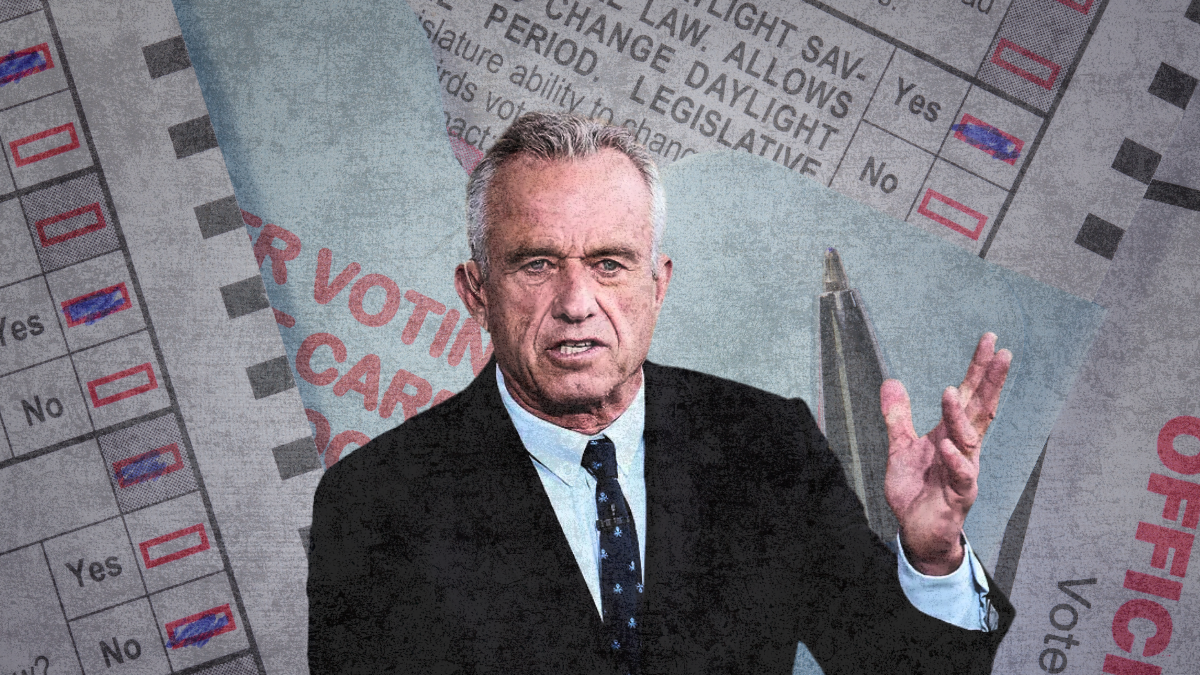Source: WRAL
Mail-in voting in North Carolina has been delayed due to a court ruling in the lawsuit over whether Robert F. Kennedy Jr.’s name should appear on the ballot for the presidential race.
State officials were supposed to begin sending out mail-in ballots to the 130,000 North Carolina voters who have already requested them, but the North Carolina Supreme Court ruled 4-3 to remove Kennedy’s name from the ballot. Since these ballots will need to be reprinted, North Carolina will begin mailing ballots on Sept. 20 with a second round going out on Sept. 24.
State elections officials have voiced concerns over the ruling, arguing that Kennedy “fails to explain why remaining on the ballot in North Carolina is inherently harmful, but appearing on the ballot in New York and Mississippi poses no such harm.”
They also question Kennedy’s motives, noting that even as he claims he will face “irreparable harm” if his name appears on the ballot in North Carolina, he’s also fighting separate legal battles to make sure his name does appear on the ballot in other states.
Kennedy’s candidacy has given election officials — and voters — whiplash over the past two months. He originally fought to get on the ballot, gathering thousands of signatures to form a new political party in North Carolina.
But as polling showed declining support for his campaign, the anti-vaxxer and conspiracy theorist began lobbying his fellow candidates for a job. Kennedy offered his endorsement to both Harris and Trump in exchange for a guaranteed role in their respective administrations. Trump jumped at the opportunity, providing Kennedy a role on his transition team. Kennedy immediately dropped out of the race and endorsed Trump, catalyzing a confusing flurry of lawsuits across the country.
Now backed by prominent Republican attorneys, Kennedy sued to reprint the ballots without his name on them in an effort to prevent pulling support from Trump. The court’s decision will cost North Carolina taxpayers over $1 million, as well as roughly two weeks of time to complete their absentee ballots.
In-person early voting runs from Oct. 17 to Nov. 2. Election Day is Nov. 5. For more information on voting hours, polling locations, and North Carolina’s voter ID requirement, visit https://www.ncsbe.gov/voting.





